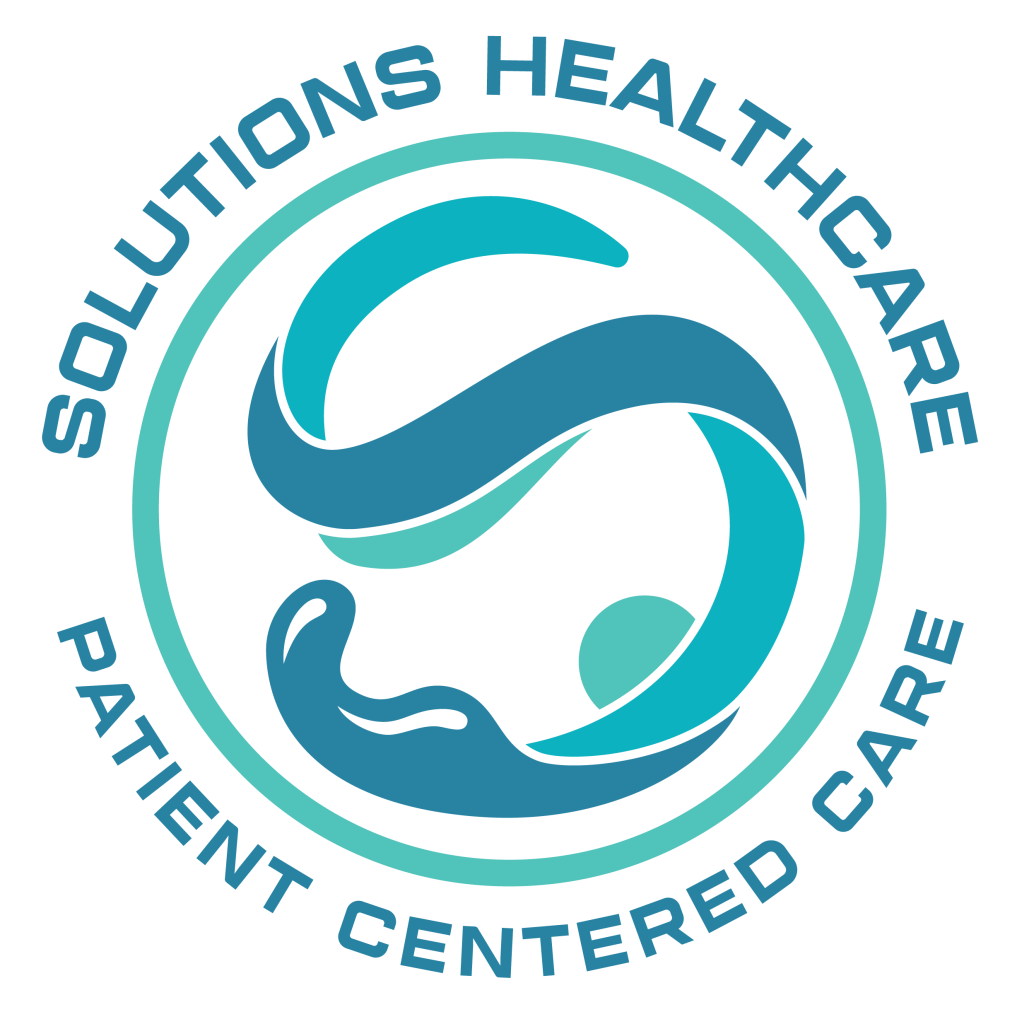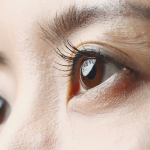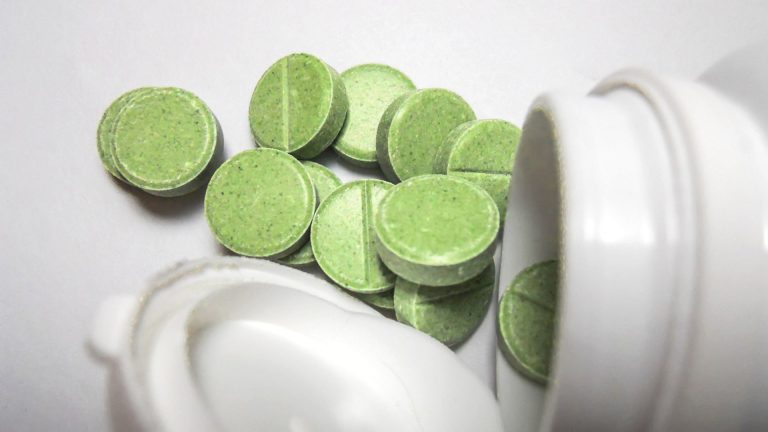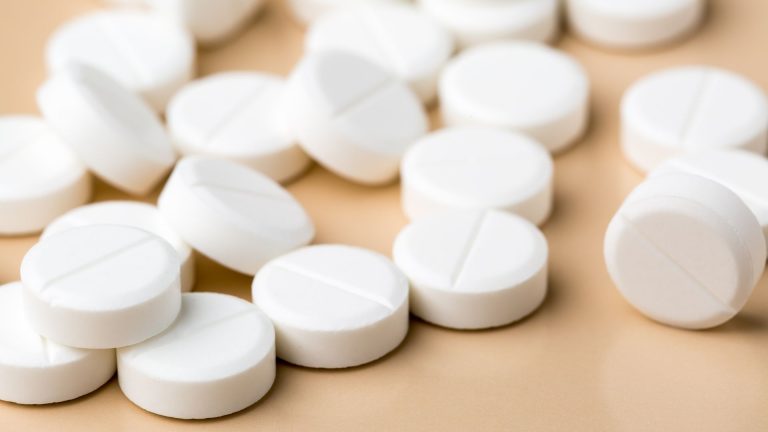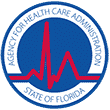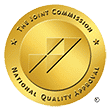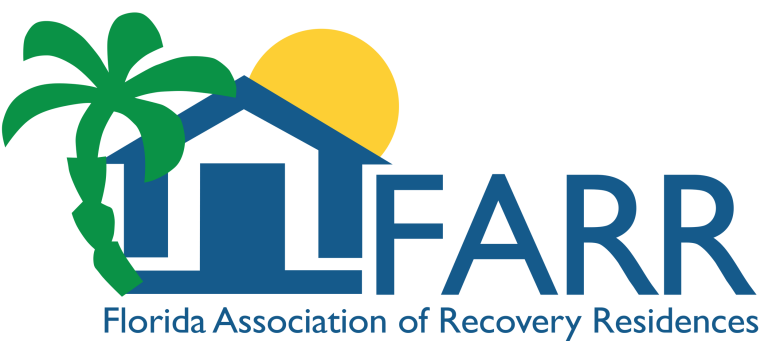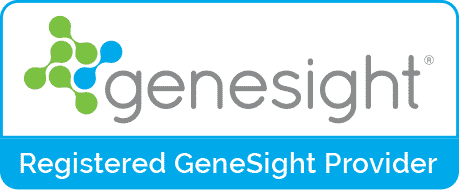Substance use disorder (SUD) affects the whole person, from emotional well-being to physical health. Drugs affect individuals differently depending on the substance and the person using the drug’s physicality. Some effects are temporary, but many are dangerous.
Nodding off is a dangerous symptom that can happen when people misuse certain drugs. This means experiencing a temporary loss of consciousness. It is crucial to recognize the risks of nodding off and to seek treatment for substance abuse as soon as possible. Getting help early can prevent life-threatening problems.
This article strives to help you understand what drugs can come with the risk of nodding off and the dangers that come with this symptom. In addition, we will cover how to identify the signs of opioid overdose and what to look for if you think someone is struggling with opioid addiction.
Nodding Off on Opioids
Nodding off is a concerning sign of some types of substance abuse. It means briefly falling asleep or switching between being awake and unconscious.
People who use drugs that slow down central nervous system (CNS) activity, such as opioids, often experience temporary loss of consciousness. During this time, they may appear to be falling asleep. They may have difficulty staying awake, even while walking, talking, or engaging in complex tasks.
While nodding off, people may exhibit behaviors such as talking, mumbling, or remaining silent. If they are addressed verbally or touched, they may briefly awaken. However, it is common for them to slip back into a semi-conscious state shortly after being disturbed.
Nodding off indicates a high dose of CNS depressants, leading to loss of consciousness. It is often an indication that someone is battling an addiction to benzodiazepines, opioids, or other depressants.
Opioid addiction is a serious issue in the United States, affecting millions. Many people develop a physical dependence on opioids, leading to significant health risks. Effective treatment options are essential to address both the immediate and long-term impacts of opioid abuse.
Nodding off can indicate opioid use, including heroin addiction. Prescription opioids like oxycodone, fentanyl, and morphine can cause drowsiness, while illegal opioids like heroin may lead to a semi-conscious state. Recognizing these effects can foster awareness and discussion about opioid safety.
What are the Risks Associated with Nodding Off?
Losing consciousness, even briefly, can pose serious risks, especially when under the influence of drugs. Awareness of the potential dangers is essential, as they can lead to critical and life-threatening situations. Let’s explore some significant risks associated with nodding off while using drugs.
Overdose
Loss of consciousness or frequent episodes of falling asleep can be disorienting and may lead individuals to inadvertently consume larger doses of a substance or exceed their intended amount. This behavior significantly increases the risk of a potentially fatal overdose, particularly in cases of opioid abuse.
Accidents
Losing consciousness while walking or driving can lead to life-threatening situations. Many drugs that cause drowsiness also impair judgment and coordination, increasing the risk of accidents and injuries. Recognizing these dangers is essential for ensuring safety.
Breathing Problems
Nodding off can lead to breathing difficulties. Individuals may breathe more slowly, and their breaths can become shallow. Inadequate breathing can reduce oxygen levels in the bloodstream, potentially resulting in coma or death.
Individuals who abuse drugs and exhibit dangerous behaviors require intensive treatment. They can seek help through inpatient or outpatient programs that offer medications, education, support groups, and therapy for long-term recovery.
100% Confidential Support is Available 24/7
No matter what you’re going through, you’re not alone. Our dedicated team is here to provide a safe, judgment-free space where you can talk openly and honestly. Whether you need emotional support, resources, or just someone to listen.
We’re here for you—completely confidential and always respectful of your privacy. Call us today!
Signs of an Opioid Overdose
It can sometimes be challenging to distinguish between someone who is simply very high and someone who is experiencing an overdose. The following information will help you identify the differences. If you’re unsure, it’s best to treat the situation as an overdose; doing so could save a life.
If someone is highly intoxicated and using depressants such as heroin or prescription pills:
- When exposed to bright light, pupils will constrict and appear smaller.
- Body is limp
- Nodding out
- Itching all over
- Slurred speech
- Disengaged unless shaken or startled by a loud sound or bright light.
If someone seems too high, stay with them. Keep them awake and active, and monitor their breathing.
The difference between an extreme high and an actual overdose can be hard to distinguish. Still, there are a few things that are specific symptoms of an overdose:
- Unconscious and unresponsive
- Awake but unable to speak
- Slow or shallow breathing
- Blue or gray skin
- Sounds of gurgling or choking
- Pale, clammy skin
- Slow or erratic heartbeat
If you notice someone making unusual sounds while they’re sleeping, it’s a good idea to try to wake them up. Sometimes, loved ones may think that the person is just snoring, but it could be a sign of an overdose. Recognizing these signs can provide an important opportunity to help and possibly save a life.
Contact Solutions Healthcare
Battling with Drug and Alcohol Addition? Remember, you are not alone and we are here to help you!
Treatment for Addiction
If you think that someone you care about is struggling with opioid addiction, be supportive and reduce stigma. Ask if you can help, and start looking into treatment programs nearby. You can play a big role in your loved one’s recovery.
At Solutions Healthcare, we are ready to handle the details for you and will create a clear path for treatment. We are here to help you make the transition out of addiction into long-lasting recovery.
References
- National Institute on Drug Abuse: Opioids
- National Library of Medicine: Benzodiazepines
- National Library of Medicine: Opioid Overdose
- Center for Disease Control (CDC): Recovery is Possible: Treatment for Opioid Addiction

